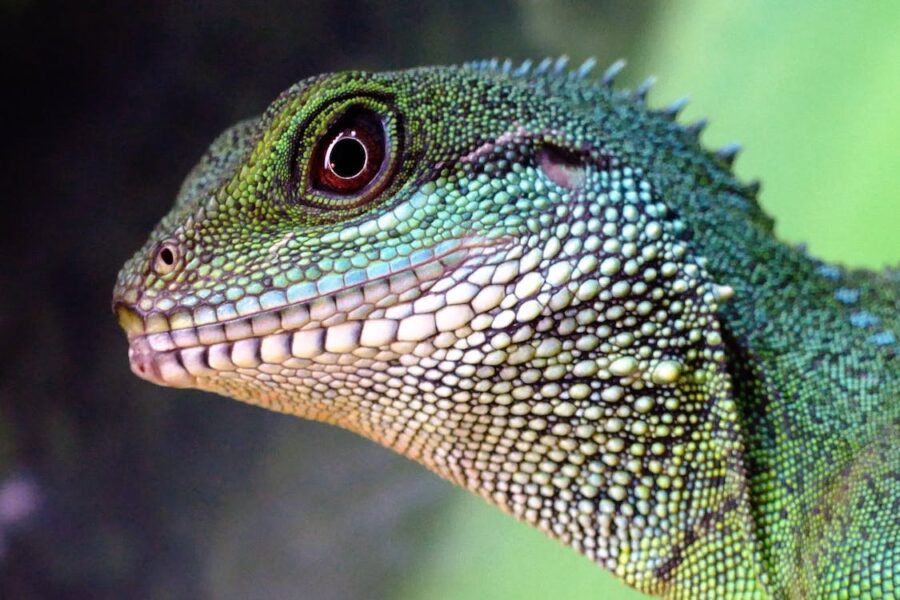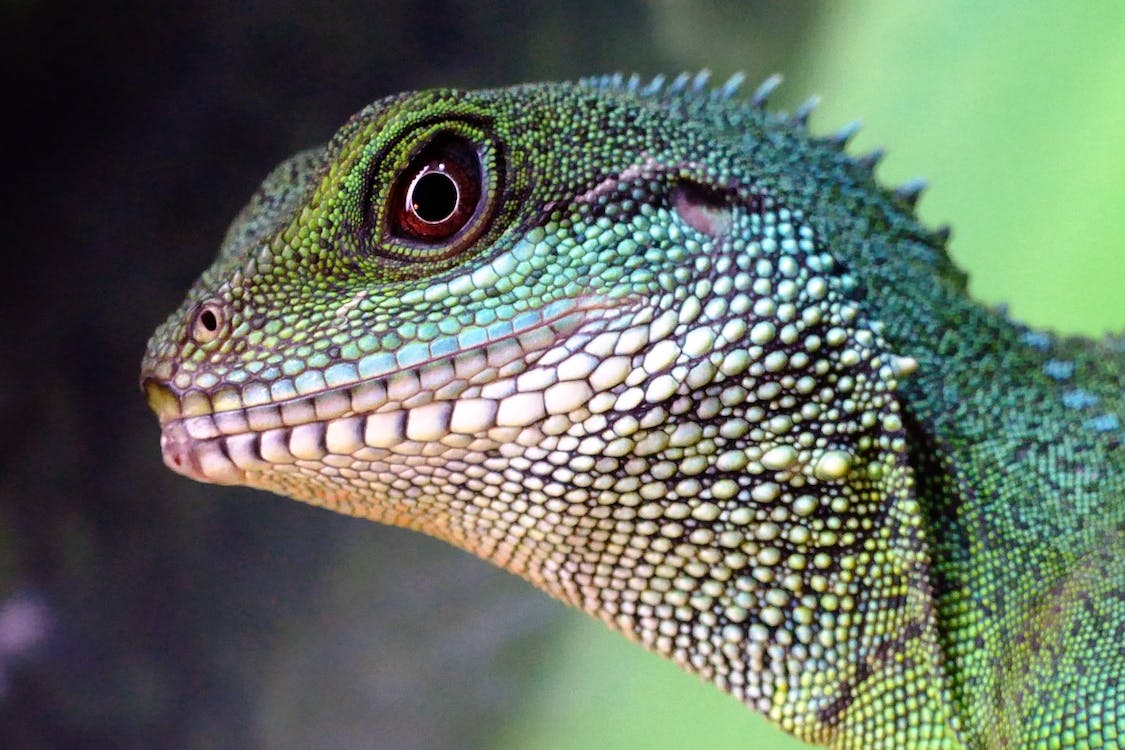
What to consider before owning exotic pets?
Having exotic pets is an intriguing adventure that can offer happiness and satisfaction. Yet, it requires comprehensive investigation.

As the allure of exotic pets continues to captivate animal lovers, it’s crucial to pause and carefully weigh the decision before welcoming one into your home. The prospect of owning a unique creature may seem enchanting, but responsible ownership demands comprehensive consideration and preparation. Here are essential factors to ponder before purchasing an exotic pet.
ALSO READ: Five reasons why travelling is great for you
RESEARCH AND EDUCATION ON EXOTIC PETS:
Delve into extensive research about the specific exotic species you’re interested in. Understand their dietary needs, habitat requirements, lifespan, behavior, and any legal restrictions associated with their ownership. Knowledge is key to providing adequate care.
ALSO READ: Is it legal to own an exotic pet in South Africa?
LIFESTYLE AND COMMITMENT:
Exotic pets often have unique demands that might not align with your lifestyle. Consider the time, effort, and resources required to meet their needs. Some species might need specialized enclosures, dietary supplements, or specific environmental conditions, demanding a long-term commitment.
ALSO READ: Sheba the tiger incident proves risks of keeping wild animals as pets, SPCA says
LEGAL CONSIDERATIONS ABOUT EXOTIC PETS:
Check local and national laws regarding the ownership of exotic pets. Some species may be protected or require permits for ownership. Ignoring legal regulations can lead to unforeseen consequences and affect the animal’s well-being.
FINANCIAL RESPONSIBILITIES:
Owning an exotic pet can be financially demanding. Factor in expenses such as specialized food, veterinary care, habitat setup, and possible permits or licenses. Unexpected medical bills or emergency care can significantly impact your budget.
ETHICAL CONCERNS ABOUT EXOTIC PETS:
Consider the ethical implications of owning an exotic pet. Many species are captured from the wild or bred in substandard conditions to meet demand. Supporting ethical breeders or considering adoption can contribute to responsible pet ownership.
ALSO READ: Can you have a fox as a pet?
AVAILABILITY OF VETERINARY CARE:
Ensure there are veterinarians in your area who specialize in treating exotic animals. Routine check-ups and prompt medical attention are essential for their well-being.
LONG-TERM COMMITMENT:
Exotic pets often have longer lifespans than traditional pets. Ensure you’re prepared for the commitment that might span several decades.
COMPATIBILITY AND INTERACTION:
Assess whether the exotic pet species is compatible with other pets or family members. Some species might pose risks or have specific social needs that require careful consideration.
ENVIRONMENTAL IMPACT:
Consider the potential environmental impact of owning an exotic pet. Some species might pose threats if released into the wild, and improper care can harm local ecosystems.
EDUCATION AND SUPPORT:
Join communities or forums dedicated to the species you intend to adopt. Engaging with experienced owners can provide valuable insights and support. Owning an exotic pet is a fascinating journey that can bring joy and fulfillment. However, it demands thorough research, commitment, and responsible decision-making to ensure the well-being of the animal and a harmonious relationship between owner and pet. Before making the leap, assess these considerations to make an informed and conscientious choice.
Artificial Intelligence assisted in compiling this article.
